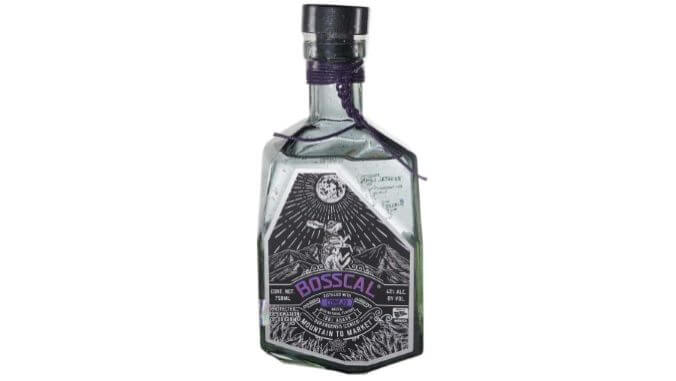Bosscal Pechuga de Conejo Mezcal Review
Photos via Wolf Spirit Distillery
At this point in my spirits-drinking and spirits-writing journey, it’s safe to say I’ve gotten to the point where “firsts” have become increasingly rare. It’s not often these days that I get to indulge in trying an entirely new category of spirits, or a drink that is significantly different in flavor or technique from anything I’ve had before. But pechuga? That’s a substyle of mezcal I’ve certainly read about, but never tasted until now. Famously made with the assistance of raw chicken, turkey, rabbit or other meat, mezcal de pechuga is a traditional Mexican specialty spirit, a potable designated for celebrations and significant moments. To the American palate, it sounds particularly exotic, and perhaps a little questionable. But when I had a chance to sample Bosscal Pechuga de Conejo, one of the few examples hitting American markets, I wasn’t about to pass it up.
Pechuga typically differs from traditional mezcals in a few key ways. Like all mezcal, this is a product of agave, which is roasted in underground pits, imparting the typically smoky flavor for which the traditional Mexican spirit is known. But whereas most mezcals are distilled twice, pechuga undergoes a third pot still distillation in which the vapor from the boiling liquid passes through a selected protein, traditionally chicken or turkey breast, though some producers also use rabbit. This cooks the meat, allowing the juices and fat to drip/fall back into the boiling liquid. This animal product is all left behind in the distillation process, though theoretically it is said to impart a fuller body and potential “meatiness” to the spirit. Additionally, pechugas also typically get an addition of some form of fruit, herbs, nuts or spices in the still during that third distillation. The result is a complex, heady spirit that is often saved and rationed out for celebrations such as weddings, baptisms, etc. Pechugas are unaged, and it would not be traditional at all to stick one in an oak barrel.
Bosscal’s Pechuga de Conejo, meanwhile, uses an entire skinned rabbit in its third distillation, along with the infusion of local apples, only when said apples are in season. It is bottled at 42% ABV (84 proof), with an MSRP of $99 that is significantly higher than the approachable joven mezcal from the same brand. This is common, as the celebratory nature of pechuga typically makes them much more expensive.
Needless to say, I was extremely curious to see how these flavors might come through in Bosscal’s mezcal, especially in terms of whether there would be any true indication that the rabbit was involved. So with that said, let’s get to tasting.
-

-

-

-

-

-

-

-

-

-

-

-

-

-

-

-

-

-

-

-

-

-

-

-

-

-

-

-

-

-

-

-

-

-

-

-

-

-

-

-








































